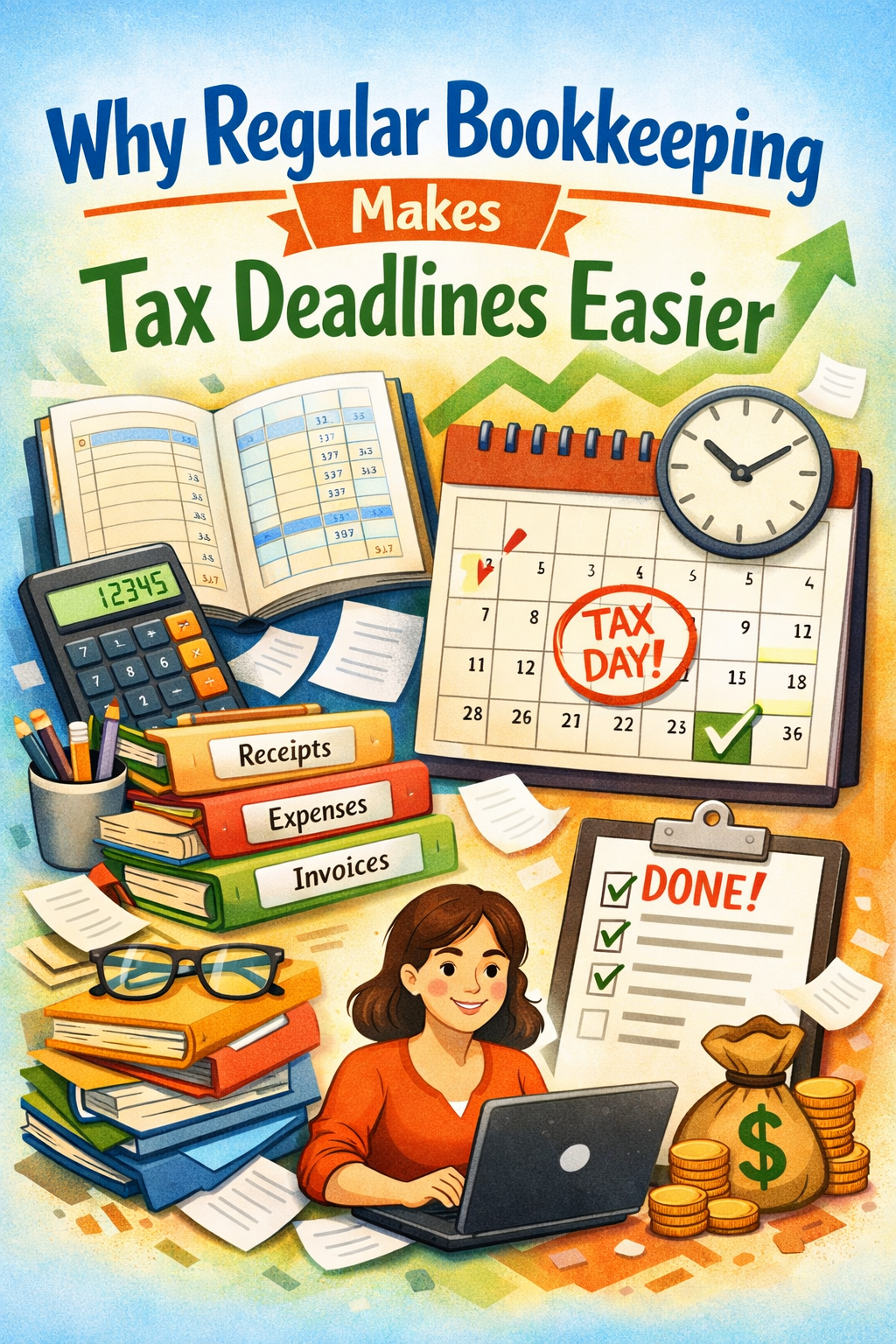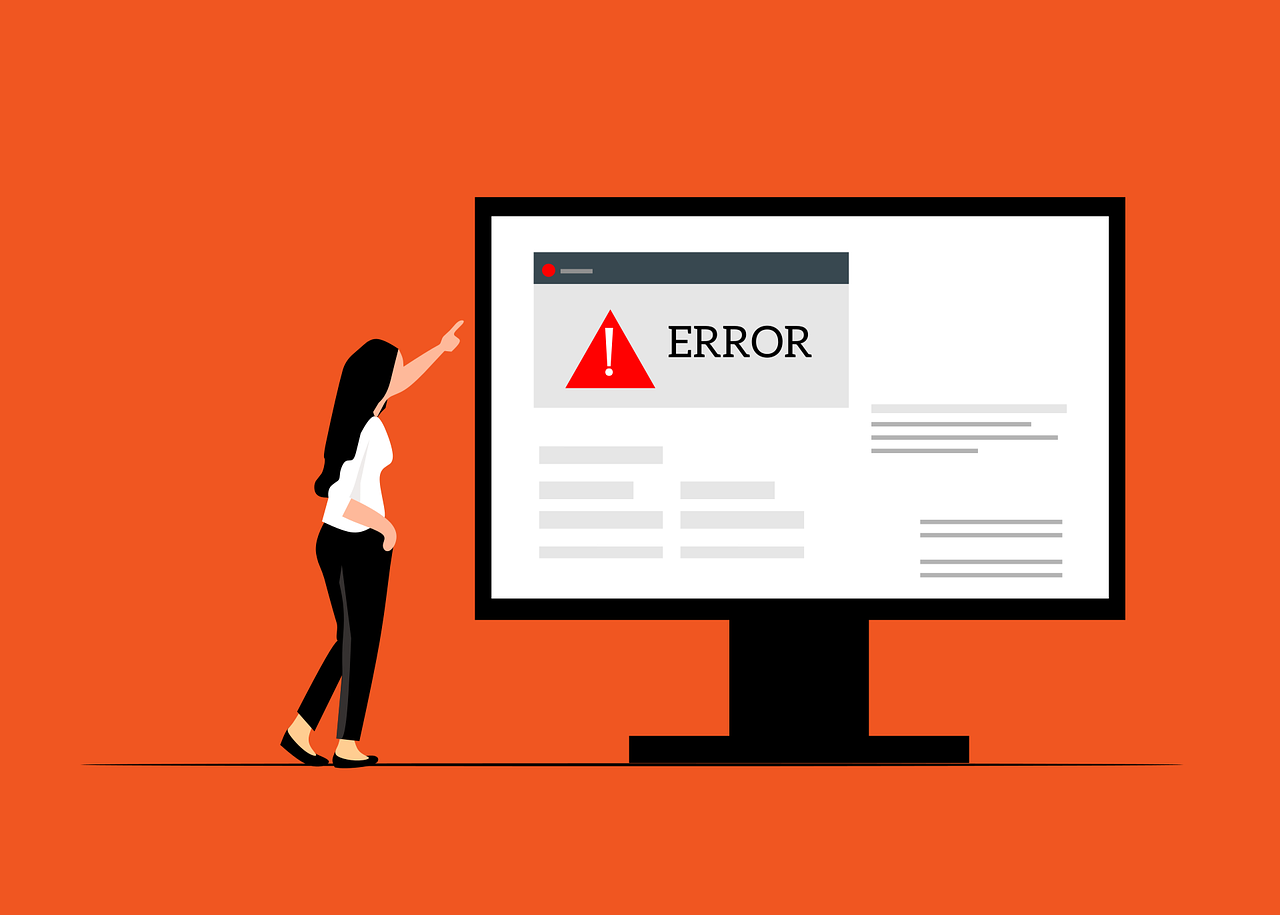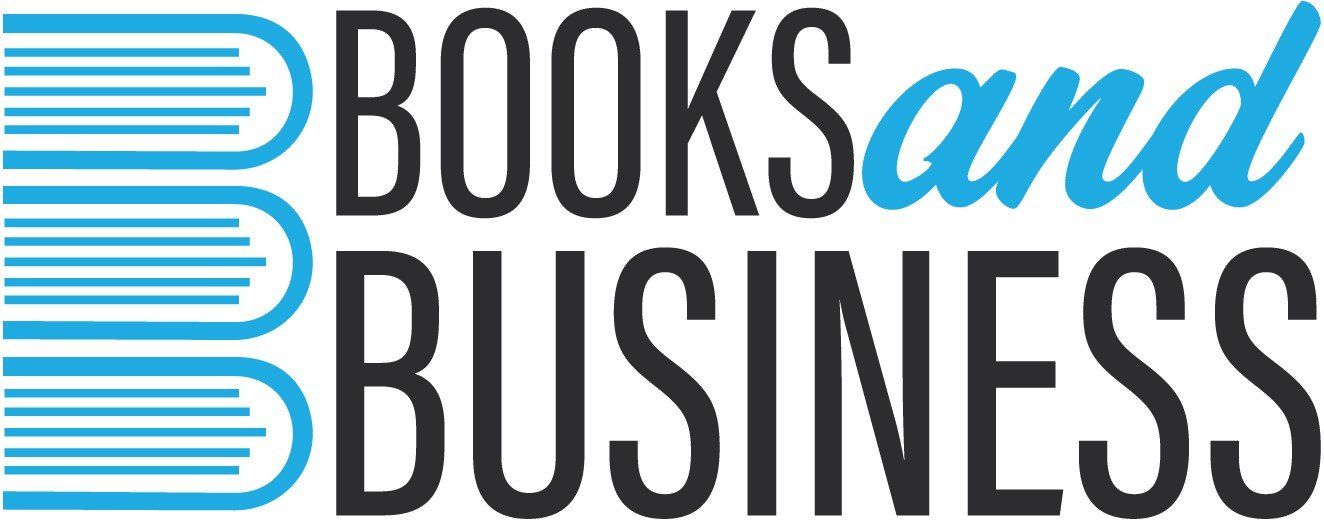Key Tax Filing Dates: July – December 2024
1 July 2024
Staying on top of tax deadlines is crucial for effective business management and compliance. Here’s a summary of essential dates and deadlines from July to December 2024 for various tax filings and payments to HMRC.
July 2024
- 1st July: Corporation Tax due for companies with September year-ends.
- 5th July: PAYE Settlement Agreement (PSA) deadline for 2023-24.
- 6th July: P11D, P11D(b), and Employment Related Security (ERS) Returns deadline.
- 7th July: Electronic VAT payments and returns due.
- 19th July: June PAYE and Class 1 NIC postal payments, CIS returns due.
- 22nd July: June PAYE and Class 1 NIC electronic payments due.
- 31st July: Self-Assessment second payment on account, Corporation Tax Returns for July year-ends, Tax Credits deadline, and several other deadlines for various returns and payments.
August 2024
- 1st August: Corporation Tax due for companies with October year-ends.
- 7th August: Electronic VAT payments and returns due.
- 19th August: July PAYE and Class 1 NIC postal payments, CIS returns due.
- 22nd August: July PAYE and Class 1 NIC electronic payments due.
- 31st August: Corporation Tax Returns for August year-ends due.
September 2024
- 1st September: Corporation Tax due for companies with November year-ends.
- 7th September: Electronic VAT payments and returns due.
- 19th September: August PAYE and Class 1 NIC postal payments, CIS returns due.
- 22nd September: August PAYE and Class 1 NIC electronic payments due.
- 30th September: Corporation Tax Returns for September year-ends due.
October 2024
- 1st October: Corporation Tax due for companies with December year-ends.
- 5th October: Deadline to register for Self-Assessment for 2023-24.
- 7th October: Electronic VAT payments and returns due.
- 19th October: September PAYE and Class 1 NIC postal payments, CIS returns due.
- 22nd October: September PAYE and Class 1 NIC electronic payments due.
- 31st October: Paper Self-Assessment tax returns for 2023-24, Corporation Tax Returns for October year-ends due.
November 2024
- 1st November: Corporation Tax due for companies with January year-ends.
- 7th November: Electronic VAT payments and returns due.
- 19th November: October PAYE and Class 1 NIC postal payments, CIS returns due.
- 22nd November: October PAYE and Class 1 NIC electronic payments due.
- 30th November: Corporation Tax Returns for November year-ends due.
December 2024
- 1st December: Corporation Tax due for companies with February year-ends.
- 7th December: Electronic VAT payments and returns due.
- 19th December: November PAYE and Class 1 NIC postal payments, CIS returns due.
- 22nd December: November PAYE and Class 1 NIC electronic payments due.
- 31st December: Self-Assessment online tax return deadline for those wanting HMRC to collect tax owed from wages and pensions, Corporation Tax Returns for December year-ends due.
Additional Key Deadlines
- 5th July: Non-resident landlords scheme annual information return.
- 14th July & 14th of Each Month: Corporation tax instalment payments due for various large and very large companies.
- 30th of Each Month: Returns and payments due by tenants and agents for rents to non-resident landlords.
Stay aware of these dates to ensure timely and accurate compliance with HMRC requirements.




